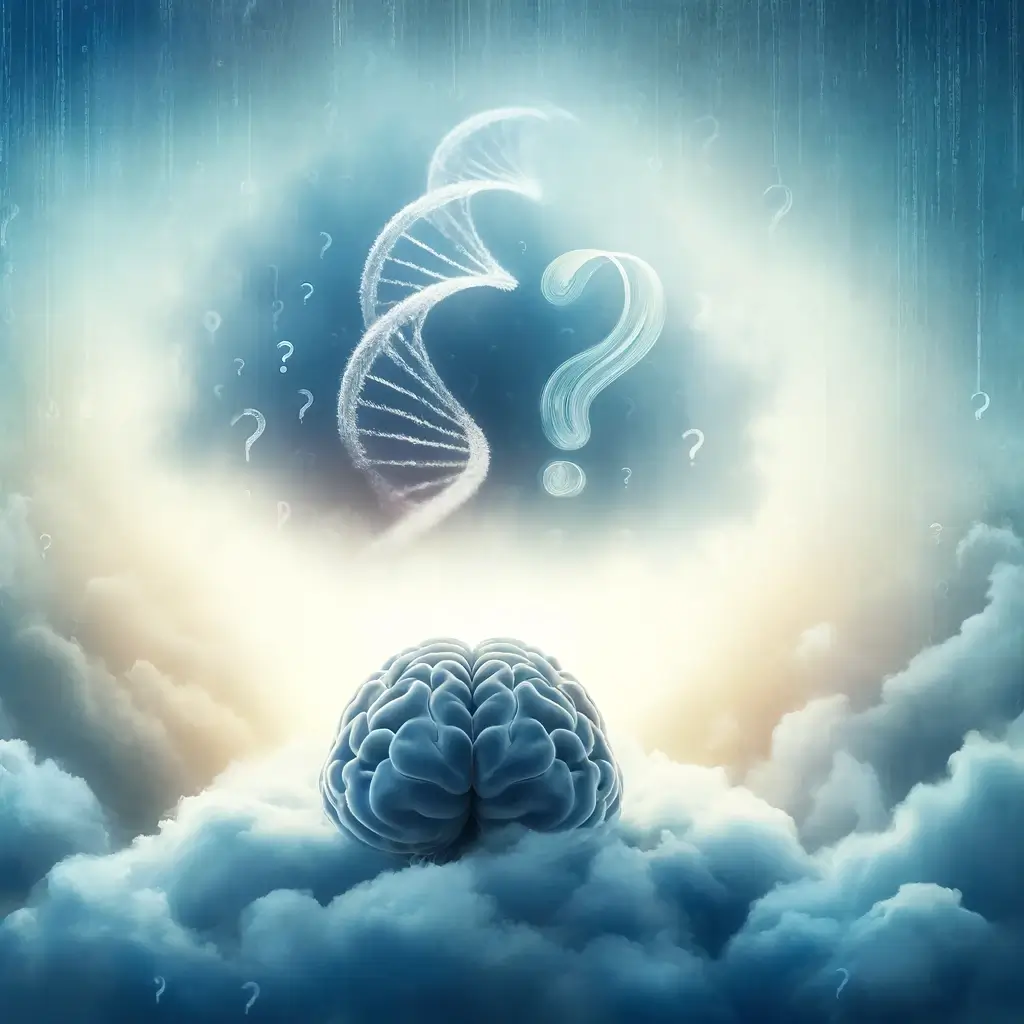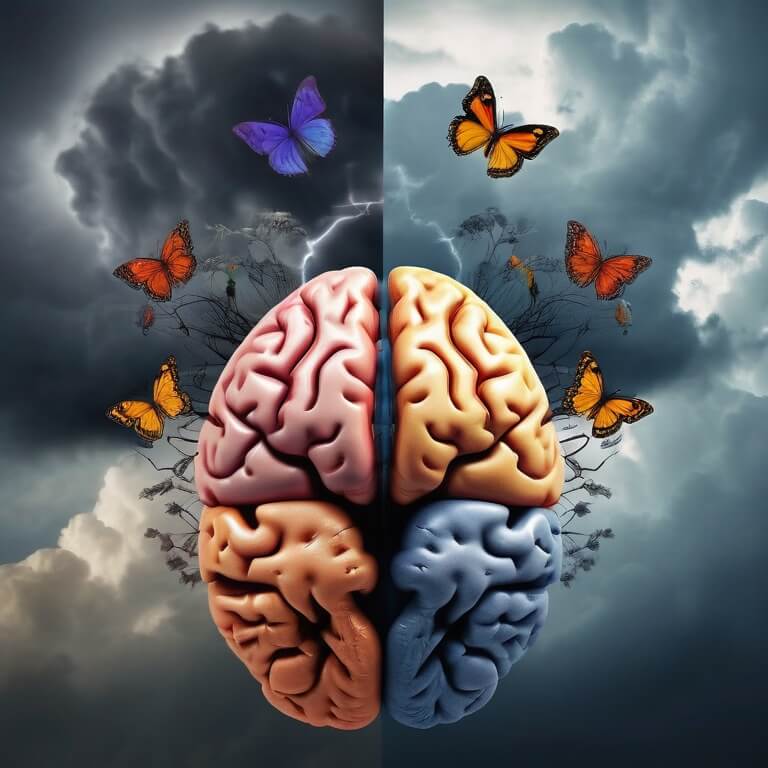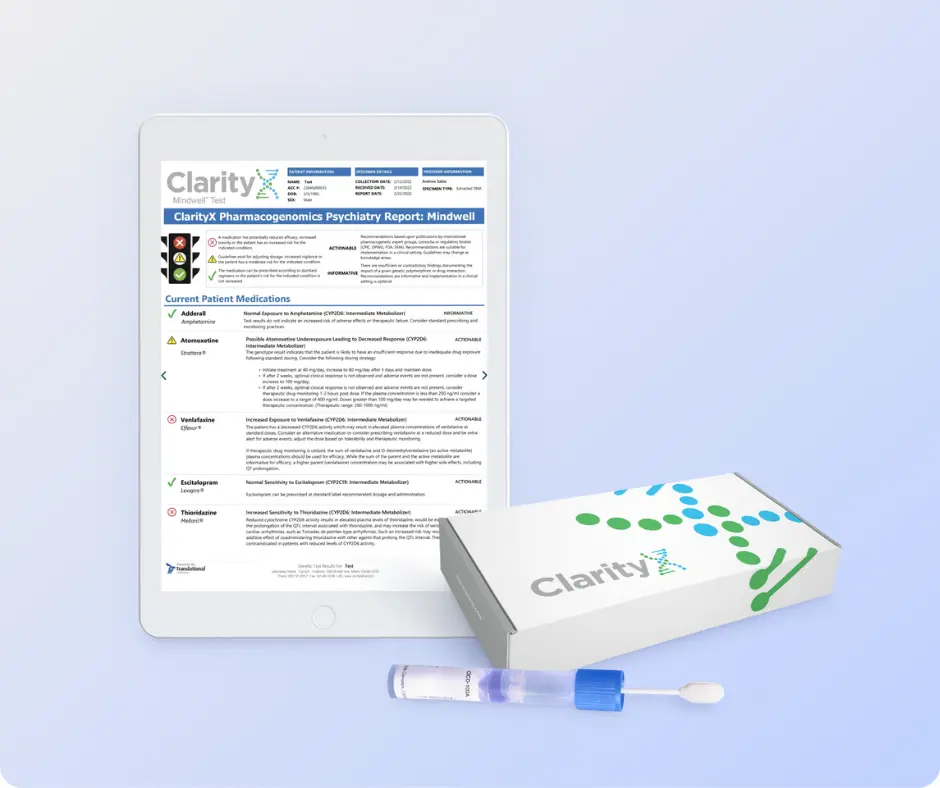- Trazodone is a prescription drug originally formulated to treat depression but can also be prescribed off-label to treat insomnia.
- Studies have shown that lower doses of trazodone can be a safe and effective way to treat insomnia and improve sleep quality.
- The American Academy of Sleep Medicine recommends other sleep medications over trazodone for chronic insomnia.
- Trazodone is not addictive and has fewer side effects compared to other sleep medications like benzodiazepines and sedative-hypnotics.
- It is important to consult a healthcare provider for the appropriate dosage and to monitor and adjust treatment for the best results.
Introduction
Sleep plays a vital role in our overall health and well-being. Lack of sleep or poor quality sleep can significantly impact our physical and mental health. Insomnia, a common sleep disorder, affects millions of people worldwide. While there are various treatment options available for insomnia, trazodone has become a very common treatment despite not being originally intended for insomnia.
Trazodone is primarily known as an antidepressant medication, but it is also prescribed off-label to treat insomnia. This comprehensive guide will provide you with all the information you need to know about using trazodone for sleep. We will explore what trazodone is, why it is prescribed for insomnia, how it works, its benefits, potential side effects and risks, and how it compares to other sleep aids.
It's important to note that while trazodone can be an effective treatment for some individuals with insomnia, it may not be suitable for everyone. It is essential to consult with a healthcare provider before starting any new medication or treatment for sleep disorders. Let's dive into the details of trazodone for sleep and discover if it could be the right option for you.
Understanding Trazodone and Its Uses
Trazodone is a prescription drug that is commonly used as an antidepressant. However, it is also prescribed off-label as a sleep aid, making it a popular choice for those struggling with insomnia. ‘Off-label’ means that it is not approved by the Food and Drug Administration (FDA) specifically for the treatment of insomnia, but healthcare providers may prescribe it for this purpose based on their clinical judgment.
Trazodone is often recommended as a treatment option for individuals who experience insomnia caused by depression. It is available in generic form and can be purchased under the brand name Desyrel. If other treatment options have not been effective in improving sleep, a healthcare provider may consider prescribing trazodone as an alternative sleeping pill.
What is Trazodone?
Trazodone is a medication that belongs to the class of drugs known as antidepressants. It works by modulating the levels of certain chemicals in the brain, including serotonin. Serotonin is a neurotransmitter that is crucial in regulating mood, sleep, and other bodily functions. Trazodone is classified as a serotonin antagonist and reuptake inhibitor (SARI), which means that it blocks the action of serotonin in certain parts of the brain and increases its availability in others. This mechanism of action is thought to be responsible for trazodone's antidepressant and sleep-promoting effects. Trazodone is available in tablet form and is typically taken orally. It is sold under the brand name Desyrel. The generic version of trazodone is also available.
Why Trazodone is Prescribed for Insomnia
While trazodone is primarily used as an antidepressant, it is also prescribed off-label for the treatment of insomnia. Healthcare providers may prescribe trazodone for insomnia based on their clinical judgment and the individual patient's needs.
Insomnia is a common sleep disorder characterized by difficulty falling asleep, staying asleep, or both. It can significantly impact a person's overall well-being and quality of life. Chronic insomnia refers to persistent sleep problems lasting at least three months.
Trazodone may be prescribed for individuals with chronic insomnia who have not responded to other treatment options or who have sleep problems associated with depression. The American Academy of Sleep Medicine (AASM) provides guidelines for the treatment of insomnia and states the overall evidence supporting the use of trazodone for insomnia is weak. In practice, however, trazodone remains one of the most widely used medications for insomnia. Clinicians and patients have reported positive results, fueling ongoing discussion.
How Trazodone Works for Sleep
Trazodone regulates certain chemicals in the central nervous system, including serotonin, a neurotransmitter involved in regulating various functions, including sleep. Trazodone acts as a serotonin antagonist and reuptake inhibitor (SARI), which blocks serotonin reabsorption and increases its levels in the brain. By modulating serotonin levels, trazodone can help improve sleep quality and promote better sleep. The specific mechanism of action of trazodone in relation to sleep is not fully understood, but its sedative properties contribute to its effectiveness as a sleep aid.
The Mechanism of Action in the Brain
Trazodone affects serotonin levels in the brain. Serotonin is a neurotransmitter that transmits messages between nerve cells in the brain. It is involved in various physiological functions, including sleep, mood, and appetite. By inhibiting the reuptake of serotonin, trazodone increases the levels of this neurotransmitter in the brain, which can help alleviate symptoms of depression and other mood disorders.
Trazodone acts as a serotonin antagonist and reuptake inhibitor (SARI), blocking serotonin reabsorption and increasing its availability in the brain. By modulating serotonin levels, trazodone can help regulate sleep patterns, promote relaxation, and improve sleep quality. Although the exact mechanism of action of trazodone in relation to sleep is not fully understood, its effects on serotonin levels may contribute to its efficacy as a sleep aid.
Trazodone Dosage for Sleep: What the Research Says
The optimal trazodone dosage for sleep can vary depending on individual factors and the severity of sleep problems. Lower doses of trazodone, typically ranging from 25 mg to 100 mg, are often prescribed for the treatment of insomnia. Clinical trials and research studies have shown that low doses of trazodone, between 25 and 100 mg, can effectively improve sleep quality and help treat insomnia. However, in some cases, higher doses of trazodone may be necessary to achieve the desired therapeutic effect. It is essential to consult with a healthcare provider to determine the appropriate trazodone dosage for sleep. The following table provides an overview of trazodone dosage recommendations for insomnia:
Benefits of Using Trazodone for Sleep
Using trazodone for sleep can provide several benefits for individuals with insomnia. Trazodone has been found to be effective in improving sleep quality, reducing sleep latency (the time it takes to fall asleep), and promoting a good night's sleep. Its sedative properties help induce sleep and maintain sleep throughout the night. Additionally, trazodone is non-addictive and has a lower risk of dependency compared to other sleep medications. These benefits, along with its potential to improve sleep apnea, make trazodone a viable option for individuals seeking relief from sleep problems and insomnia.
Efficacy in Treating Insomnia
Clinical practice guidelines and research studies have shown that trazodone can be an effective treatment option for insomnia, as concluded by a systematic review of various studies. Trazodone has been found to improve sleep quality, reduce sleep latency, and promote a good night's sleep. Its sedative properties make it particularly useful for individuals with difficulty falling or staying asleep.
However, according to the American Academy of Sleep Medicine (AASM) guidelines, trazodone is not recommended as a first-line treatment for chronic insomnia. The AASM recommends other sleep medications, such as Belsomra, Lunesta, or Sonata, as preferred options for chronic insomnia. It is important to consult with a healthcare provider to determine the most appropriate treatment plan for insomnia and ensure the safe and effective use of trazodone.
Advantages Over Other Sleep Medications
Trazodone offers several advantages over other sleep medications. Unlike some sleep medications, trazodone is not a controlled substance, meaning it has a lower risk of abuse or addiction. Trazodone may also have fewer side effects compared to other sleep medications, which may make it a safer option for older adults who may be more sensitive to medication. For individuals who require long-term treatment for insomnia, trazodone can be a suitable option because of its low abuse potential.
It is available as a generic medication, making it more affordable compared to brand-name sleep medications. A healthcare provider can provide guidance on the most appropriate sleep medication based on individual needs and considerations.
Potential Side Effects and Risks
As with any medication, trazodone carries the risk of side effects. While most people tolerate trazodone well, there are potential risks and side effects to be aware of, including the risk of suicidal thoughts. Serious side effects associated with trazodone include:
- Suicidal thoughts and behaviors
- Serotonin syndrome (particularly when combined with other medications that affect serotonin)
- Prolonged, painful erection (priapism)
- Irregular heartbeat or heart rhythm problems
- Low blood pressure
- Mania or hypomania
- Angle-closure glaucoma
- Low blood sodium levels
- and withdrawal symptoms. It is important to seek medical attention if any serious side effects occur. Trazodone should be taken as prescribed by a healthcare provider, and any concerns or potential side effects should be discussed with them.
Common Side Effects to Be Aware Of
While trazodone is generally well-tolerated, some common side effects that individuals may experience include dry mouth, dizziness, and daytime sleepiness. Dry mouth is a common side effect that can be managed by staying hydrated and practicing good oral hygiene. Dizziness may occur due to changes in blood pressure, and it is important to avoid sudden changes in position to minimize the risk of falls.
Due to trazodone's sedative effects, daytime sleepiness can occur, and individuals should exercise caution when engaging in activities that require alertness, such as driving or operating machinery. It is important to be aware of these common side effects of trazodone and consult with a healthcare provider if they become severe or persistent.
Addressing Concerns About Dependency and Withdrawal
One common concern regarding the use of sleep medications, including trazodone, is the risk of dependency and withdrawal symptoms. Trazodone is not considered an addictive drug, and it is not classified as a controlled substance by the FDA. However, it is possible to develop a physical dependence on trazodone if it is taken regularly and in high doses for an extended period of time. Abruptly stopping trazodone after long-term use can result in withdrawal symptoms such as agitation, anxiety, and nausea. To avoid withdrawal symptoms, it is important to gradually decrease the dosage of trazodone under the guidance of a healthcare provider when discontinuing the medication.
Comparing Trazodone to Other Sleep Aids
When it comes to sleep aids, there are various options available. Trazodone is one of the medications commonly used for the treatment of insomnia, but it is not the only option. Other sleep medications, such as Ambien (zolpidem), Lunesta (eszopiclone), and Sonata (zaleplon), are also prescribed to help improve sleep quality and treat insomnia. The choice between different sleep aids depends on various factors, including the individual's specific sleep problems, medical history, and preferences. A healthcare provider can provide guidance on the most appropriate sleep medication based on individual needs and considerations.
Trazodone vs. Ambien: Which is More Effective?
Trazodone and Ambien (zolpidem) are both medications used to treat insomnia, but they differ in their mechanism of action and potential side effects. While trazodone is a sedating antidepressant, Ambien is a nonbenzodiazepine hypnotic. Both medications can help improve sleep quality and treat insomnia, but their effectiveness may vary depending on the individual.
Some individuals may respond better to trazodone, while others may find Ambien more effective. It is important to consult a healthcare provider to determine the most suitable sleep medication based on individual needs and considerations. The choice between trazodone and Ambien will depend on various factors, including the severity of insomnia, potential side effects, and personal preferences.
When to Consider Alternatives to Trazodone
While trazodone can be an effective treatment option for insomnia, there are alternatives that individuals may consider. Cognitive behavioral therapy (CBT) is a non-medication approach to treating insomnia that focuses on changing negative thoughts and behaviors relating to sleep. CBT has been shown to be effective in improving sleep quality and treating insomnia, making it a recommended first-line treatment before considering medication.
Additionally, supplements such as melatonin, a hormone involved in sleep regulation, may be considered an alternative to trazodone. It is important to discuss these alternatives, including cognitive behavioral therapy, with a healthcare provider to determine the most appropriate treatment plan for insomnia.
Patient Experiences with Trazodone for Sleep
Many individuals have reported positive experiences with trazodone for improving sleep quality and treating insomnia. Trazodone has been found to be effective in helping individuals fall asleep faster, stay asleep throughout the night, and wake up feeling refreshed. It has also been associated with improved sleep quality and the overall experience of a good night's sleep. However, it is important to note that individual experiences may vary, and some individuals may not find trazodone as effective for their specific sleep problems. It is always recommended to consult with a healthcare provider to determine the most suitable treatment for insomnia.
Can trazodone be habit-forming when used as a sleep aid?
While trazodone is not considered habit-forming in the same way benzodiazepines or sedative-hypnotics like Ambien are, withdrawal symptoms can occur if the medication is stopped suddenly. As the body adjusts to increased serotonin levels, a sudden drop can cause side effects. Regular monitoring and open communication with your healthcare provider are crucial for safely using trazodone as a sleep aid.
Success Stories: How Trazodone Improved Sleep Quality
Many individuals have reported positive experiences with trazodone, citing improved sleep quality and a better night's sleep. Trazodone's sedative properties can help individuals fall asleep faster and stay asleep throughout the night. This can lead to feeling more rested and refreshed in the morning. Success stories often highlight how trazodone has improved their overall sleep quality, reduced sleep disturbances, and helped them achieve a good night's sleep. However, it is important to remember that individual experiences may vary, and it is always recommended to consult with a healthcare provider to determine the most appropriate treatment for insomnia.
Challenges and How to Overcome Them
Although trazodone can be an effective sleep aid, there may be challenges associated with its use. Some individuals may experience side effects such as dry mouth, dizziness, or daytime sleepiness. These side effects can be managed by staying hydrated, avoiding standing rapidly from a seated or lying position, and being cautious when engaging in activities that require alertness.
Additionally, individuals may face challenges finding the optimal dosage that works best for them. Working closely with a healthcare provider to monitor and adjust the treatment for the best results is important. Open communication and regular follow-up with a healthcare provider can help address any challenges and ensure the safe and effective use of trazodone for sleep.
Professional Insights on Prescribing Trazodone
Healthcare providers play a crucial role in prescribing trazodone for sleep and providing professional insights. Before prescribing trazodone, they consider factors such as the individual's medical history, sleep problems, and potential risks and benefits. Healthcare providers follow clinical practice guidelines, such as those provided by the American Academy of Sleep Medicine (AASM), to ensure trazodone's safe and effective use. They monitor treatment progress, adjust dosage if necessary, and address any concerns or side effects that may arise. Consulting with a healthcare provider is essential to receive proper guidance and personalized care when using trazodone for sleep.
From the Doctor’s Office: When Trazodone is Recommended
Healthcare providers may recommend trazodone for sleep in specific situations. For example, if an individual is already taking selective serotonin reuptake inhibitors (SSRIs) for depression and experiences insomnia as a side effect, a healthcare provider may prescribe trazodone as a sleep aid. In these instances, monitoring for signs of too much serotonin building up in the body is important. Trazodone may also be recommended for individuals with depression who have trouble sleeping.
However, it is important to note that the American Academy of Sleep Medicine (AASM) recommends other sleep medications as first-line treatment options for chronic insomnia. A healthcare provider will evaluate the individual's specific needs and consider factors such as medical history, sleep problems, and potential risks and benefits before recommending trazodone.
Monitoring and Adjusting Treatment for the Best Results
Monitoring and adjusting treatment is a crucial aspect of using trazodone for sleep. Healthcare providers will closely monitor the individual's response to the medication, including the effectiveness of trazodone in improving sleep quality and addressing insomnia. Regular follow-up appointments will allow healthcare providers to adjust the dosage if necessary and address any concerns or side effects. It is important to communicate openly with the healthcare provider and provide feedback on the sleep quality and any changes in sleep patterns. This will help ensure that the treatment plan is tailored to the individual's specific needs and that the best results are achieved using trazodone for sleep.
Conclusion
Trazodone's efficacy in treating insomnia and its advantages over alternatives make it viable for improving sleep quality. Despite not being formally approved for sleep management, trazodone remains one of the most widely prescribed medications for insomnia. If you’re having difficulty sleeping, talk with your healthcare provider to determine the best options for your individual needs.
When considering treatment options your genetics can also play a vital role in determining which medications will be best suited for you. A simple test can help reduce the trial and error process associated with finding the right medication. Find out more by visiting www.clarityxdna.com
Frequently Asked Questions
How Long Before Bed Should I Take Trazodone?
The timing of trazodone administration before bed can vary depending on individual factors and the prescribed dosage. Healthcare providers typically recommend taking trazodone within 30 minutes of bedtime. However, trazodone can take up to two hours to reach peak levels in the blood. It is important to follow the healthcare provider's instructions regarding the timing of trazodone administration for optimal sleep onset and to treat insomnia effectively.
References
https://www.ncbi.nlm.nih.gov/pmc/articles/PMC5842888/
https://medlineplus.gov/druginfo/meds/a681038.html
https://jcsm.aasm.org/doi/10.5664/jcsm.6470
https://www.ncbi.nlm.nih.gov/pmc/articles/PMC10146758/
https://www.ncbi.nlm.nih.gov/pmc/articles/PMC5842888/
https://www.accessdata.fda.gov/drugsatfda_docs/label/2008/019908s027lbl.pdf





